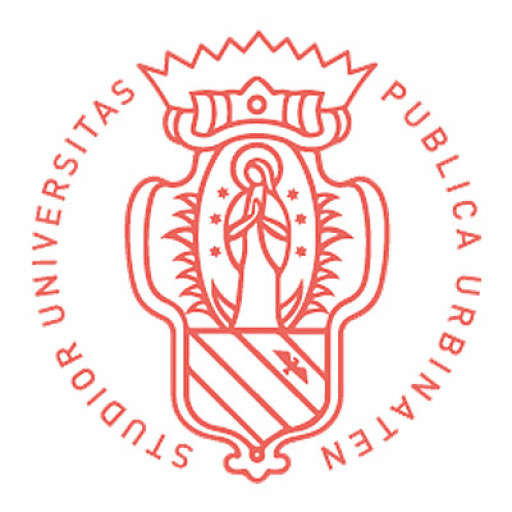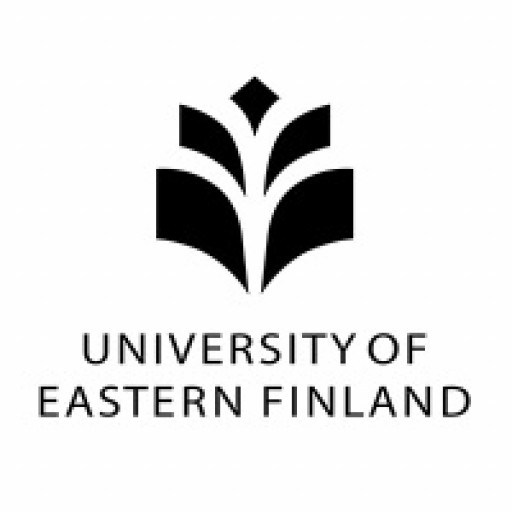The Bachelor of Cross Cultural Relations at Western Sydney University is a comprehensive undergraduate program designed to equip students with a deep understanding of the diverse cultural, social, and economic factors that influence intercultural interactions and global relations. This program aims to prepare graduates who are capable of navigating complex cross-cultural environments in various sectors such as international business, government, non-governmental organizations, media, education, and community development. Throughout the course, students explore topics including intercultural communication, globalisation, cultural diversity, human rights, conflict resolution, and international development. The curriculum combines theoretical frameworks with practical skills, allowing students to analyze cultural differences, develop intercultural competence, and apply their knowledge in real-world situations. Students have opportunities for fieldwork, internships, and collaborative projects with community organizations to gain practical experience. The program emphasizes critical thinking, effective communication, and ethical understanding to foster especially respectful and informed intercultural relationships. Graduates of this degree will be well-prepared to contribute positively in multicultural workplaces, promote social inclusion, and support international cooperation. With a strong foundation in cultural awareness and analytical skills, students can pursue careers in policy-making, international diplomacy, human rights advocacy, educational settings, and corporate sectors that value diversity and intercultural understanding. Western Sydney University ensures that students are engaged in a dynamic learning environment, utilizing modern teaching methods and fostering critical engagement with contemporary global issues. This degree encourages lifelong learning and cultural sensitivity, ultimately aiming to produce graduates who can make meaningful contributions in an increasingly interconnected world.
The Bachelor of Cross Cultural Relations at Western Sydney University is a comprehensive program designed to equip students with the knowledge and skills necessary to navigate and understand the complexities of intercultural interactions in a globalized world. Throughout the course, students explore the dynamics of cultural diversity, intercultural communication, and global engagement, preparing them for careers in international organizations, community services, government agencies, and the private sector. The program covers a broad range of topics, including theories of culture, multiculturalism, social psychology, conflict resolution, and strategies for effective communication across cultural boundaries. Students also have the opportunity to engage in practical experiences, such as internships and intercultural projects, to apply theoretical concepts in real-world situations. Additionally, the curriculum emphasizes critical thinking and cultural sensitivity, encouraging students to analyze cultural issues from multiple perspectives. The program aims to develop culturally competent graduates who can contribute positively to multicultural societies and foster understanding in diverse environments. With a flexible study structure, students can tailor their learning to specific interests, including international relations, community development, or intercultural education. Graduates of this program will be well-prepared to work in international aid, diplomatic services, global business, social services, or further their studies in related postgraduate fields. Overall, the Bachelor of Cross Cultural Relations at Western Sydney University offers a rich, interdisciplinary education that prepares students to excel in a globally interconnected world.
- Under graduate degree in humanities, social sciences, Asian studies, international relations, languages, linguistics, creative arts, or business and management
- Or successful completion of an undergraduate degree in any area AND a minimum of two years fulltime equivalent professional work experience in related roles.
The Western Sydney University offers various financing options to support students enrolled in the Cross Cultural Relations degree program. These include numerous scholarships, grants, and financial aid packages aimed at assisting students in managing the costs associated with their studies. Scholarships are available based on academic merit, financial need, or specific criteria such as community involvement and leadership qualities. Some scholarships are provided by the university itself, while others are sponsored by external organizations, government agencies, and industry partners. Additionally, students can access government loan schemes, such as the HELP (Higher Education Loan Program), which allows eligible students to defer tuition fees and repay them through the tax system after they secure a minimum income level. Western Sydney University also offers payment plans that enable students to pay their tuition fees in installments, reducing financial burden. Part-time work opportunities are accessible both within the university and in the surrounding community, providing students with extra income and valuable work experience. International students have specific visa and scholarship options, including the Australia Awards and university-specific scholarships for international students. Financial counseling and advisory services are available to help students develop personal financial plans and navigate available funding options effectively. The university’s financial support infrastructure is designed to ensure that students from diverse backgrounds can access quality education without undue financial hardship. Overall, Western Sydney University is committed to providing comprehensive financial assistance programs that facilitate students’ academic success and professional development in the field of Cross Cultural Relations.
The Bachelor of Arts in Cross Cultural Relations at Western Sydney University offers students the opportunity to explore the complex and dynamic ways in which different cultures interact, communicate, and influence each other in a globalized world. This interdisciplinary program combines studies in sociology, anthropology, international relations, languages, and cultural studies to provide a comprehensive understanding of cultural diversity and intercultural communication. Students will develop critical skills in evaluating cultural practices, understanding social structures, and addressing cross-cultural conflicts. The program emphasizes practical applications, preparing graduates for careers in diplomacy, international business, non-governmental organizations, community development, and multicultural education. Courses cover topics such as intercultural communication theories, global citizenry, multicultural policies, language proficiency, and the history of intercultural encounters. The curriculum also encourages experiential learning through internships, study abroad opportunities, and collaborative projects with diverse communities. This program aims to foster cultural awareness, sensitivity, and leadership qualities necessary for working effectively in multicultural environments. Graduates of this program will be well-equipped to navigate the challenges of a diverse world, contributing positively to social cohesion and intercultural understanding across sectors. The degree typically spans three years of full-time study, with flexible options for part-time study, and offers pathways for postgraduate specialization in related fields. Students benefit from the university’s strong connections with industries and international organizations, enhancing employability and professional networks. With a curriculum designed to enhance linguistic skills and cultural competence, students are prepared to work effectively within multicultural settings locally, nationally, and internationally. The program is suitable for individuals passionate about promoting intercultural dialogue, social justice, and global peace, and seeks to equip them with the knowledge and skills necessary to make meaningful contributions in an interconnected world.







